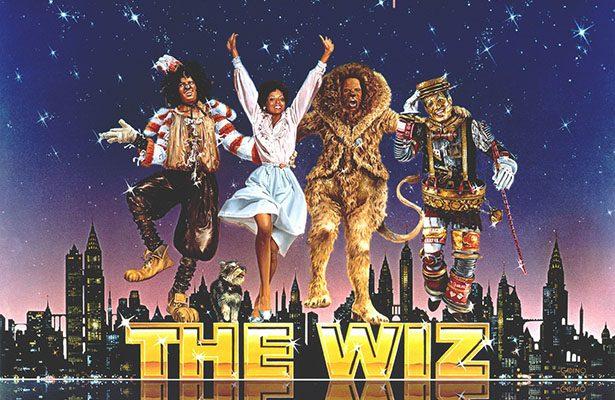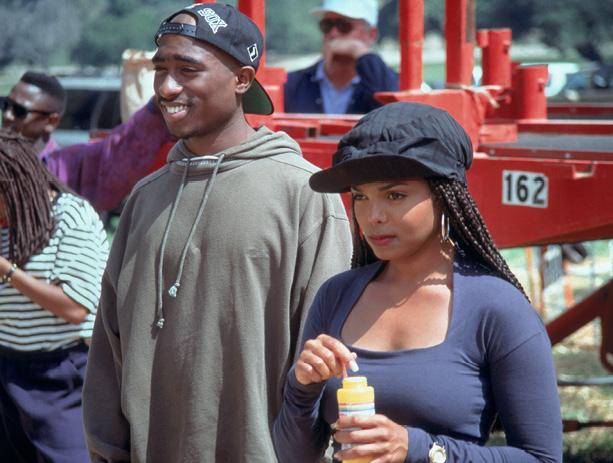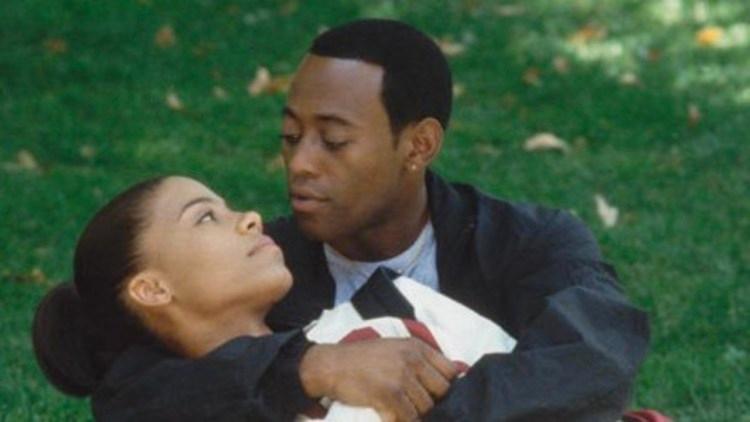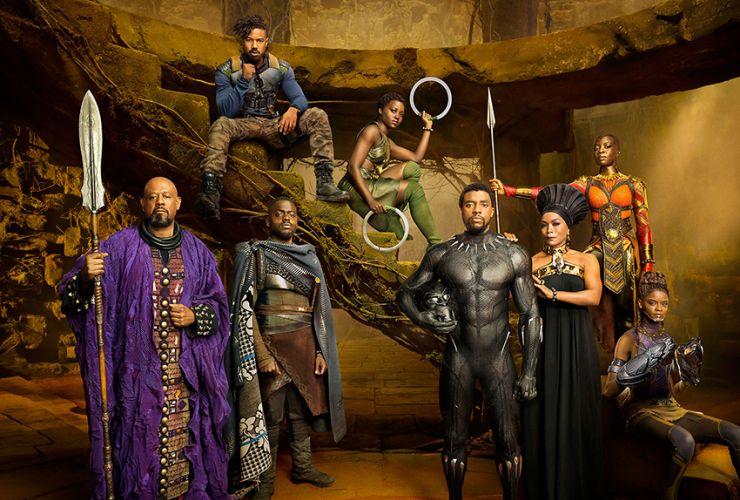The Rippling Effect Of Black Cinema
Dear Academy Awards,
We do not need your validation. Black films have changed the world and will continue to do so regardless of accolades, nominations, and awards. From “The Wiz”, “The Color Purple”, “Poetic Justice”, “Love & Basketball”, “Black Panther”, and beyond, Black cinema has impacted the way we view film. Here is a timeline of some of the most influential masterpieces in Black cinema and the impact they have had on pop culture.
“The Wiz” (1978)
“The Wiz”, a re-imagining of ‘The Wonderful Wizard of Oz,’ by Frank L. Baum is more than just a film. When it was released on October 24, 1978, it was the first time that many African-Americans were able to see their culture and themselves accurately represented on the big screen. The film captured the social and cultural tone of post-civil rights movement communities that helped build Black icons and impacted Black culture, claimed Colorlines. It is a story of racial liberation that promoted Black excellence during the era of Blaxploitation, and is considered a rite of passage in the Black community. “The Wiz” is a classic, and that’s that on that.
“The Color Purple” (1985)
The film adaptation of the novel under the same name, “The Color Purple” was a cultural touchstone for Black women in America. Directed by Steven Spielberg and starring Whoopi Goldberg and Oprah Winfrey, the movie earned eleven Academy awards, and still became a classic without winning any. The tale took viewers on a journey of the hardships African-American women faced during the early 20th century and the power of discovering one’s self-worth. “The Color Purple” exhibited the experience of Black womanhood and the importance of relationships between Black women, which was a rare image on screen.
“Poetic Justice” (1993)
When writer and director John Singleton tapped Janet Jackson and the late Tupac Shakur to star as opposites in this romantic drama, time stopped. The story tackles the disconnection that often occurs within the Black community that results from conflict between men and women. According to Revolt TV, the film helped introduce feminism to Black women before it became mainstream. The article further states that Jackson’s character in the film, Justice, inspired women to love themselves by refusing to be objectified and encouraging vulnerability. This film showcased Tupac’s range as a rising star and set an example for artists who didn’t want to limit themselves to one platform. Oh, and let’s not forget about the ‘Poetic Justice braids’ that everyone wanted to emulate.
“Love & Basketball” (2000)
Hollywood rarely depicts athletic stories through the viewpoint of women, especially as lead characters. Not only is “Love & Basketball” centered around a female athlete, but one who is African-American, and excels at basketball more than the lead male character. One aspect that made this film so special during its release, was that the WNBA had its inaugural season just three years prior. According to Buzzfeed, “Love & Basketball” transformed the way Black audiences saw themselves on screen. Besides showcasing the beauty of Black love and challenges of gender inequality, this story influenced countless young women to get involved in sports.
“Black Panther” (2018)
A movie that depicts personages of melanin as superheroes is currently the 12th highest grossing film of all-time. “Black Panther” was such a monumental moment for Black America because it showed Black people in lead roles that were not based off of stereotypical or token characters. Besides there being an all-Black cast, the crew ranging from director, producer, costume designer, make-up artists, and set designers were Black too, per Variety. Another reason why this motion picture was a sensation is rooted in its presentation of Wakanda, a fictional country in sub-Saharan Africa. According to The Washington Post, the film’s depiction of Africa gives a glimpse of what the continent could have been like in the absence of colonization. Having grossed over $1.3 billion, the release of this movie also showed the power of the Black dollar which proved to major studios that Black storytelling is worth the investment. In the words of the Black Panther himself, “Wakanda Forever.”
Black cinema has evolved and continues to as legends break barriers for the generations that succeed them. Without Angela Bassett there would be no Lupita Nyong’o, without Sidney Poitier there would be no Denzel Washington, and without Spike Lee there would be no Ava Duvernay. While the storytellers of the Black community are agents of change in Hollywood, they receive minimal credit as Hollywood capitalizes off of Black culture and even trauma. I look forward to the day that a ‘Black film’ can just be a film and pressure to fulfill a stereotype is nonexistent. The range in genes, ethnicity, and upbringing amongst Black people is diverse and the films that portray us should be too.
Cheers to us!











